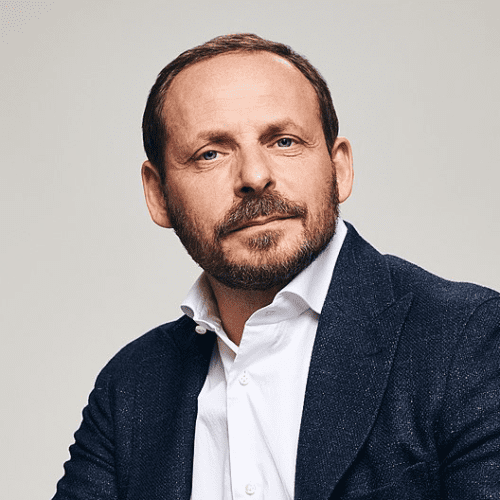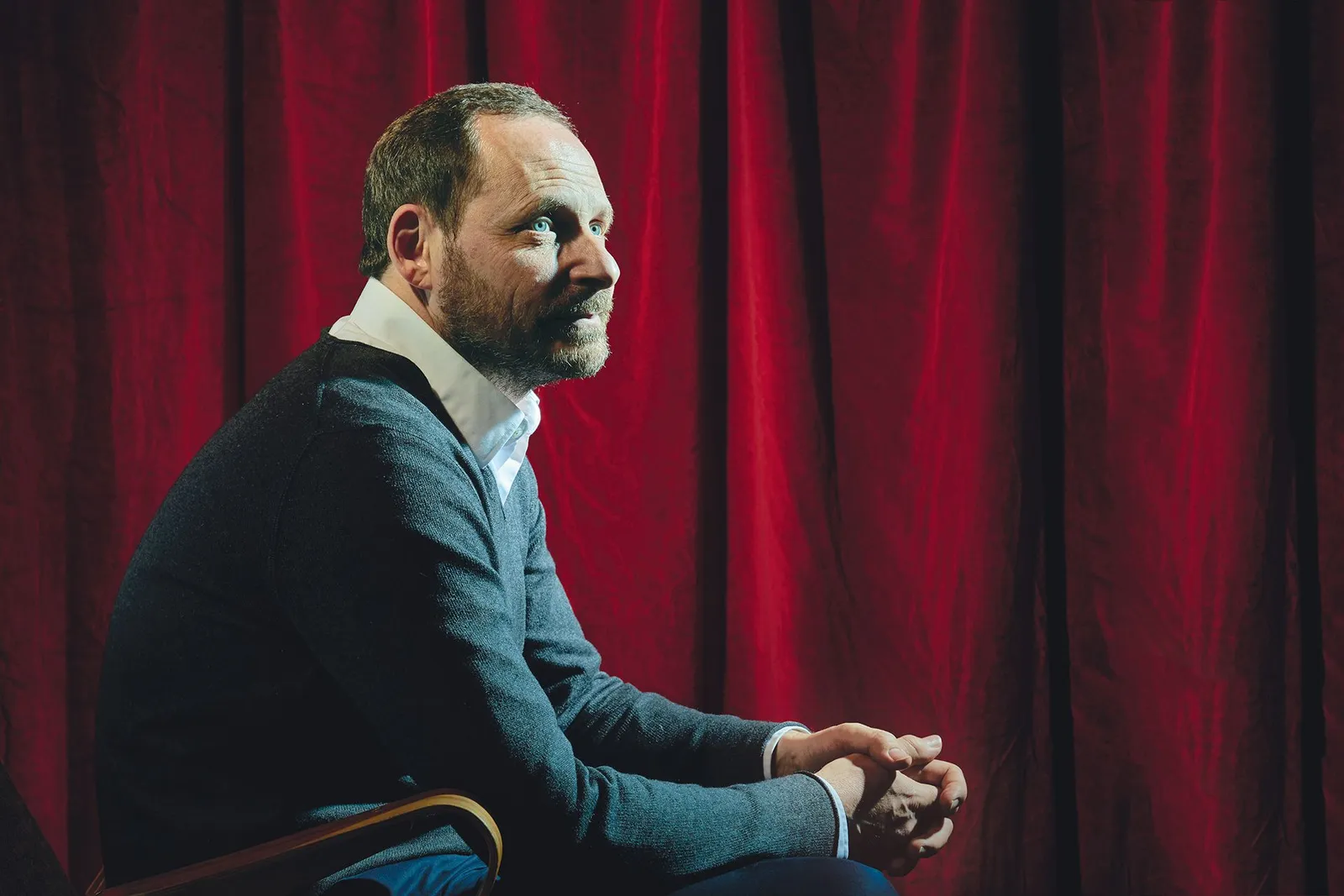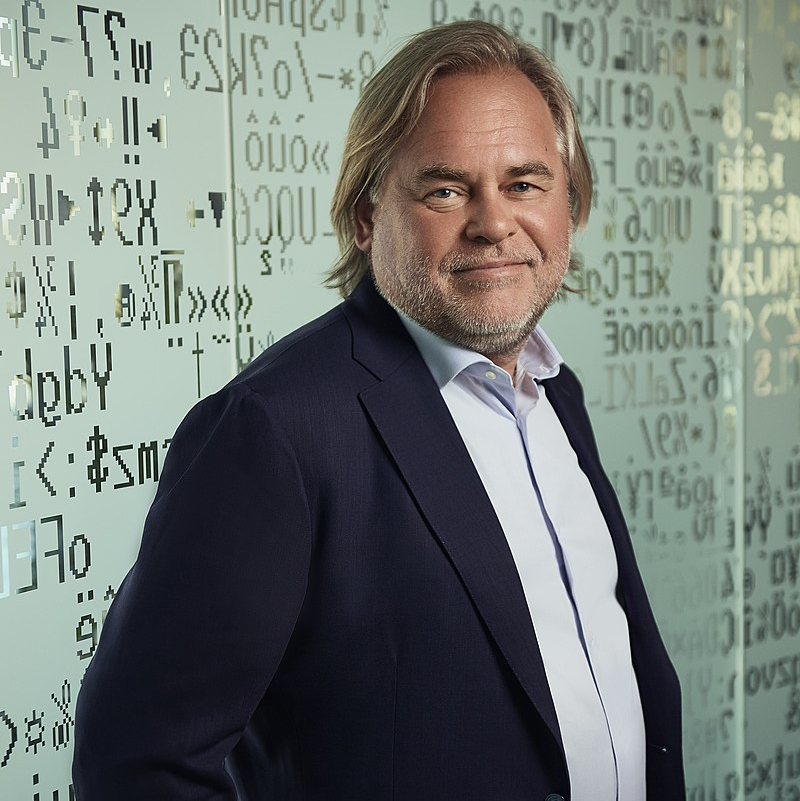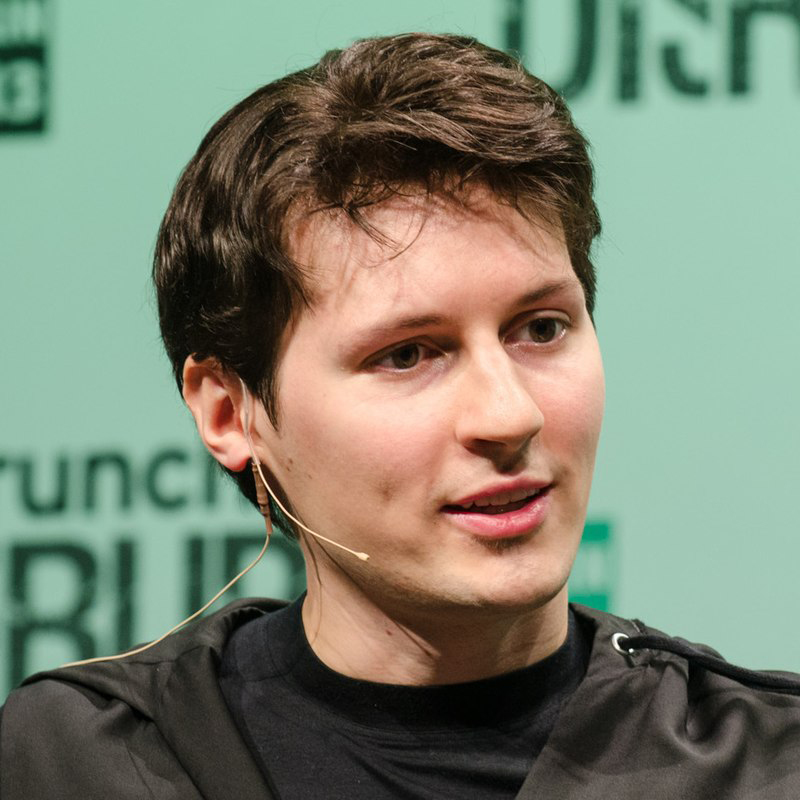Famous for
- Founder of IT giant Yandex, Russia’s most valuable internet company as of 2023.
- Volozh’s anti-war stance regarding Ukraine has caused him significant financial losses of about $150 million (15.15 billion rubles). This is how much Yandex lost from the sale of its Russian assets.
- Volozh emerged from Soviet scientific circles.
Assets
- As of 2023, Volozh holds a 45.3% voting and 8.6% financial stake in Yandex N.V. (the parent legal entity, registered in the Netherlands). The subsidiary Yandex is ranked 31st on the Forbes list of Russia’s largest companies by net revenue in 2023. Its value as of 2023 is $10.2 billion (744.6 billion rubles), and its revenue in 2022 was $3.2 billion (218.3 billion rubles at the time).
- Yandex has offices in Russia, Belarus, Kazakhstan, the United States, Switzerland, the Netherlands, China, Israel, the Czech Republic and Armenia. In addition to an internet search engine, the company provides a dozen different business and user services, ranging from advertising tools and navigation to food delivery and taxi services.
Interests and hobbies
Teaching. Between 2007 and 2018, Arkady Volozh headed the Department of Data Analysis at the Faculty of Innovation and High Technologies of the Moscow Institute of Physics and Technology.
Professional history
Born on 11 February 1964 in Guryev, Kazakh SSR (now Atyrau, Republic of Kazakhstan). While at school, he met Ilya Segalovich and later founded Yandex with him.
In 1986, he graduated from the Moscow Gubkin Institute of Oil and Gas (now the Russian State University of Oil and Gas) with a degree in applied mathematics. After graduation, he was involved in research in the field of large data processing at the Institute of Control Problems of the Academy of Sciences of the USSR.
In 1988, after the adoption of the Law on Cooperation, which gave greater freedom to conduct business, Arkady Volozh became a co-founder of a computer sales cooperative called Magister.
In 1989, together with Robert Stubblebine, a tech enthusiast and translator from the United States, with whom he practised English, he founded CompTek International, an American–Russian computer distribution company.
In the same year, together with his Academy of Sciences colleague Arkady Borkovsky (future head of Yandex’s California division), he founded Arkadia, a company for the development of information retrieval programs, which later became part of CompTek.
In 1993, Arkadia developed a software program called Yandex (“yet another indexer”). Two years later, Yandex was first used to search the Russian-speaking internet, and in 1997 it was rolled out as a fully-fledged search engine, yandex.ru.
In 1998, the search engine introduced contextual advertising that adapted to user queries. This became the basis of the product’s business model and enabled Yandex to become self-sufficient by 2002.
In the early 2000s, Infinet, a telecommunications equipment supplier, was spun off from CompTek. By 2018, Arkady Volozh owned 75% of the company, the remaining 25% belonging to his American partner Robert Stubblebine. According to some media reports, the company’s revenues that year amounted to 950 million rubles (about $15.2 million at the time).
In 2000 Volozh, together with CompTek shareholders and with the help of investments made by the fund ru-Net Holdings (its share amounted to 36%), founded Yandex Corporation, where he became CEO.
Under Volozh’s leadership, the company launched dozens of different services, some of which later became leaders in their respective fields.
In 2013, Volozh was included in the Forbes ranking of billionaires with a fortune of $1.15 billion (about 36.8 billion rubles at the time).
In 2014, Arkady Volozh left the post of CEO of Yandex and became the head of the international group.
He left Russia the same year. In 2016, he and his family received Maltese citizenship, and in 2017 he became an Israeli citizen.
In 2022, after personal sanctions were imposed on him by the European Union, Arkady Volozh left all positions in the various divisions of Yandex.
Deals and ventures
- In 2009 Sberbank, which is controlled by the Russian government, bought a “golden share” in Yandex, allowing it to veto the sale of up to 25% of the company’s shares. This was reportedly done to prevent Yandex from being bought out by foreign investors.
- In 2011, Yandex made its initial public offering on the Nasdaq stock exchange. 52.2 million shares were sold for $1.3 billion (37.7 billion rubles at the time). It was the largest IPO of an internet company after Google.
- In 2013, Yandex bought Kinopoisk, one of Russia’s largest movie databases, to develop advertising and recommendation services. The deal was valued at $80 million (about 2.57 billion rubles at the time).
- In 2014, it acquired Auto.ru, one of the most popular automotive websites in Russia, for $175 million (about 6.65 billion rubles at the time) to expand its ability to provide users with solutions in the sector.
- In 2015, Yandex bought Ros.Taxi, an aggregation service that was integrated into the Yandex.Taxi app, for 1 billion rubles (about $16.3 million at the time).
- In 2017, Uber and Yandex merged the Uber Eats and Yandex.Taxi services, investing $225 million and $100 million respectively in the joint project (a total of approximately 18.85 billion rubles at the time).
- In 2021, the company acquired Acropol Bank for 1.1 billion rubles (about $15 million at the time). The company needed a banking license to develop its financial services.
- In 2022, Yandex bought Delivery Club, a competitor of Yandex.Food (it was among the top 10 food delivery services by revenue) from VK, an IT holding company linked to the Russian authorities. It was reported that the amount of investment made by Yandex on this deal amounted to 38.6 billion rubles (about $567.6 million at the time).
- In the same year, Yandex sold its news and blogging services News and Zen to VK for about the same amount.
Achievements
In 2010, he was ranked first in Forbes’ list of the best senior executives in the media business.
Criticism and disputes
- According to an investigation by Meduza, the Russian presidential administration has been interfering in the activities of Yandex news services since 2008. This led to the creation, in around 2016, of a “white list” of outlets whose stories were displayed to users. Opposition media outlets were excluded from this list.
- In 2015, the Russian Federal Antimonopoly Service opened a criminal case against Google at the request of Yandex. It was believed that the latter was restricting the ability to install Yandex applications for some users. In 2017, all cases were dropped after a settlement agreement between the parties, in which Google made concessions.
- Volozh is accused of having ties with the Russian authorities. It is known that he met with Vladimir Putin on several occasions, for example, in 2017 and 2019. It has also been reported that Volozh has been friends with Russian Prime Minister Mikhail Mishustin for many years. The two are said to have known each other since the 1990s, when they both began their careers in the computer industry.
- According to some media reports, in 2019 Volozh transferred Infinet, which had been registered with an offshore company in the Virgin Islands between 2014 and 2015, into the ownership of his personal Dutch company, Infinet Wireless Holdings B.V. It was reported that the company had developed IT products for the Russian security forces.
- In 2022, Volozh was placed under personal sanctions by the European Union for his ties to the Russian government, promotion of Russian state media, and removal of content critical of the Kremlin.
- He has also been on the sanctions lists of Ukraine and Switzerland since 2022.
Attitudes to Russian–Ukrainian conflict
“I am categorically opposed to Russia’s barbaric invasion of Ukraine, where, like many others, I have friends and family. I am horrified by the fact that bombs fly into Ukrainians’ homes every day. Despite the fact that I have not lived in Russia since 2014, I realize that I too share responsibility for the country’s actions. There were many reasons why I had to keep silent. One can argue about the timeliness of my statement, but not about its essence. I am against the war.”
Community work
- The Yandex School of Data Analysis, a free two-year course for IT specialists, has been operating since 2007.
- In 2008, Volozh, together with co-founder Ilya Segalovich, established Pelikan, a charitable foundation to help children headed by Ilya’s wife. In 2021, the foundation was liquidated.
- Between 2008 and 2013, Yandex invested about 1 billion rubles (approximately $30 billion at the time) into educational projects for internet specialists.
- Since 2010, Yandex has been holding the annual Yet another Conference, a large-scale free educational conference where it shares accumulated expertise about the creation of its products.
- In 2016, Yandex.Lyceum, a free educational institution in the field of programming and development for high school students, was launched.
Additional information
Married with six children.
Source for information: Forbes.com, Bloomberg.com, Forbes.ru, Thebell.io, Meduza.io, Kommersant.ru





